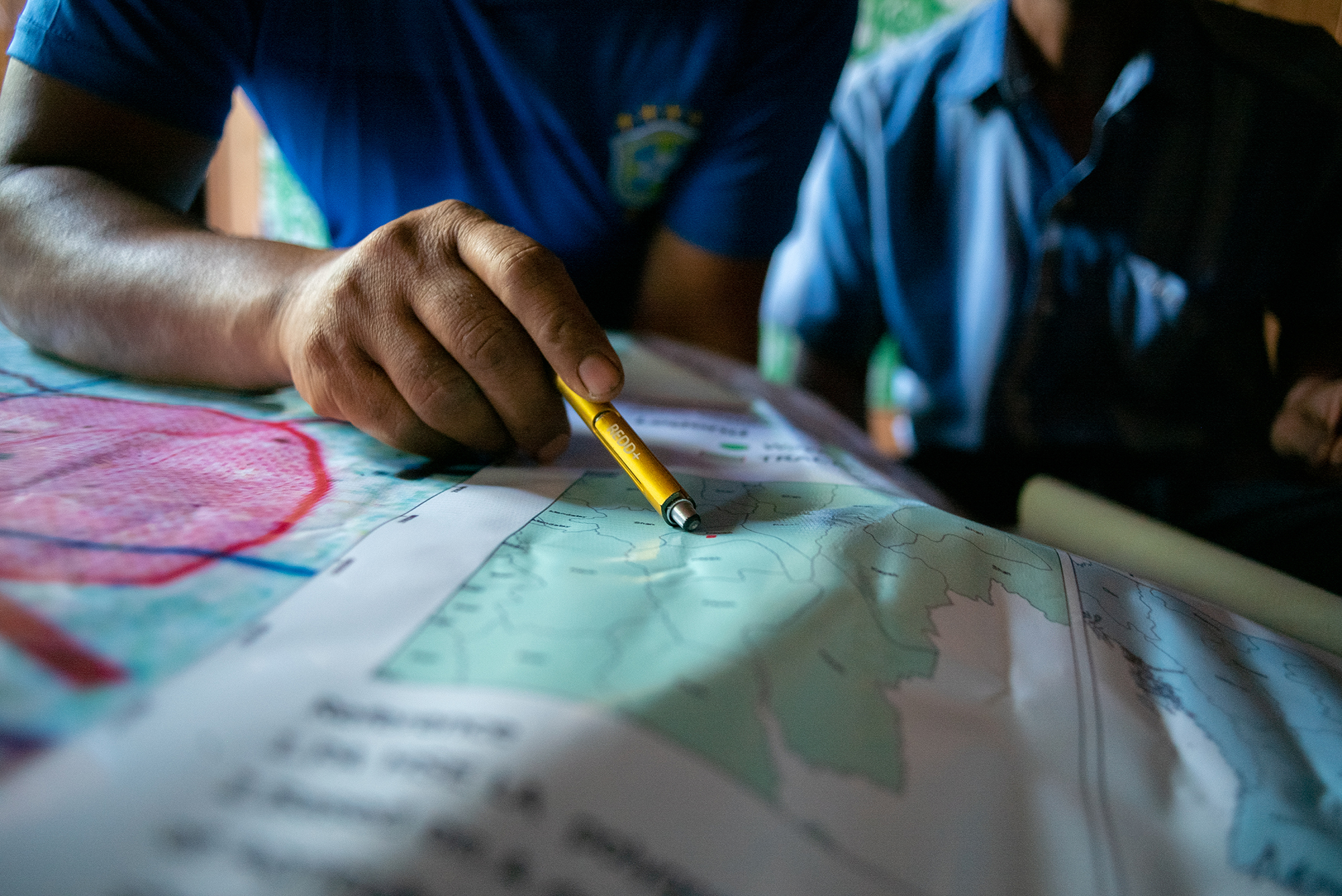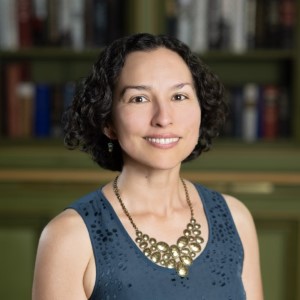Alison Miranda, the Fund’s learning and assessment director, shares her reflections on the 2023 Grantee Survey Report.

News of national and international crises bombards my screens and senses when I wake up. Every headline feels like a new emergency. I am steeped in uncertainty about the changes underway, and worried about those that will emerge in the future. And I’m not alone. The Fund’s grantee partners also reported challenges in the 2023 grantee survey, with 70 percent of groups noting worsening economic, civic, and political fragility.
[READ: From the Front Lines: Grantee Partner Survey 2023]
How do we contribute to a future of hope despite ongoing struggles? What is our next best step?
The survey report includes findings and offers discussion questions to make meaning of our own and others’ experiences. Feedback and experiences from our partners motivate me to focus on this discussion question from the survey report: How might my team at the Fund partner with others to build our collective power?
Recognize diverse strengths
Most grantee groups reported between three and five different organizational assets they use to advance human rights and justice. Among these strengths, the most frequently selected were knowledge and learnings and relationships with others. It is inspiring to know that our partners appreciate strengths that the Fund also values: activist wisdom, experience, and social capital.
As the human rights ecosystem faces shifting contexts, we must recognize these and other assets to navigate challenges and opportunities ahead. Indeed, Fund staff are exploring such strengths internally and beyond. And my team will support these efforts with asset-driven learning and assessment practices.
Contribute to space for connection and learning
Going forward, grantee partners indicate that they would find benefit in collaborative strategic learning practices. They hope to continue sharing experiences and learning, pursuing joint advocacy, and undertaking collective strategy work. A collective mindset and shared strategic approaches are important for grassroots activism and philanthropic allies.
Whether for solidarity or preparing for joint action, holding time and space to connect with others is crucial for movements to advance systemic change. The Fund will continue to use virtual and in-person convenings to hold space for partners to connect. And my team will help to disseminate and use learnings produced with grantee partners.
Prepare to adapt to changing contexts
The freedom to adapt allows groups to sense and respond to their context in pursuing systemic change. Most of the grantee partners who responded to the survey made two or three adjustments in their approaches during the previous year. Partners reported both strategic and tactical adjustments, suggesting diverse conditions and contexts.
Adaptation, with preparation, is a healthy practice for learning and organizational strength. The Fund will seek to understand and support adaptations in grantee partners’ work and our own. My team will develop and share learning and assessment guidance and tools that can be applied in different and evolving contexts.

Alison Miranda is the Fund’s director of learning and assessment.
Sign up to our newsletter
Add some impact to your inbox.
By submitting this form, you accept that your data will be stored and processed in line with our Privacy Policy.


